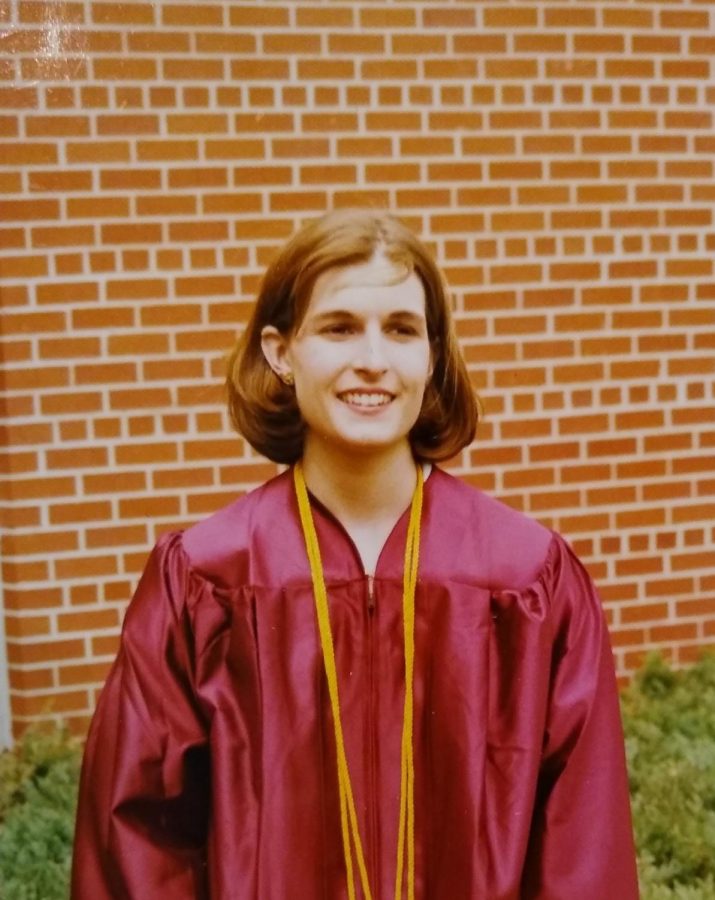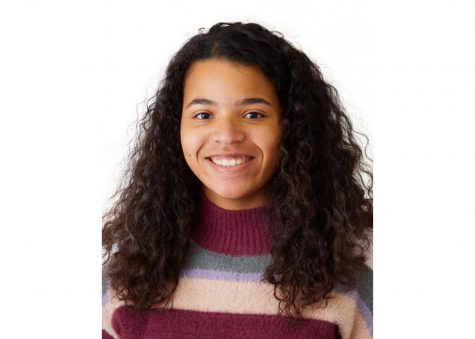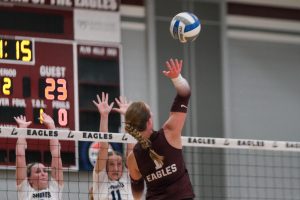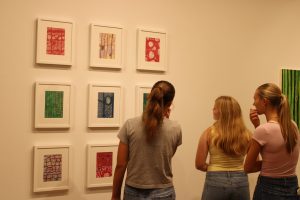Three alumni reflect on their undergraduate career and UWL in 2020
January 27, 2020
In May 1997, Melissa Spadanuda graduated from the University of Wisconsin–La Crosse with a degree in microbiology. “UWL was the perfect fit for me, it wasn’t too big or too small, there were opportunities to live both on-campus and off-campus, and it was a friendly community with plenty of activities,” said Spadanuda.
Spadanuda says that her education at UWL has continued to contribute to her career after over two decades. “I appreciated the opportunity to have most of my classes and labs taught by professors with teaching and research experience. I was provided challenging classes and opportunities to push myself. Through those experiences, UWL was a stepping stone in the development of my self–confidence, leadership skills and love for learning,” said Spadanuda.
David Cialdini also graduated in 1997, but with a degree in business management and human resources. “The biggest impact that UWL had on me was the opportunity to live independently off campus and develop the skills to make me a successful adult,” said Cialdini.
José Rubio-Zepeda graduated from UWL in 2014 and double majored in political science and Spanish and minored in international studies with a Latin American emphasis.
Rubio-Zepeda says that his time at UWL allowed him to achieve his goals. “UWL provided me a foundation in my educational journey as an immigrant and first-generation student. My time at UWL allowed me to pursue a variety of interests and experiences,” said Rubio-Zepeda. “Through various high impact practices, this includes undergraduate research, study abroad, and scholar programs among others, and involvement with various organizations, I was able to learn about the intricacies within higher education, take advantage of opportunities, and come into my own during my formative years.”
Rubio-Zepeda received dual master’s degrees in community and regional planning and Latin American studies at the University of Texas.
He is currently a transfer retention specialist in the Office of Multicultural Student Services at UWL. “In my current role, I see myself as a life coach where I have the opportunity to support and uplift a variety of students, including but not limited to multicultural, first-generation, non-traditional, transfer, LGBTQQIAA, and international students. It’s a whole different world to witness and experience campus from a staff member’s perspective than when I was a student,” said Rubio-Zepeda.
Cialdini says he continues to miss UWL even decades after graduation. “I miss the friends I made, and I also miss the location. La Crosse really has a great mix of natural beauty and urban activity. Also, La Crosse should bring back Mr. D’s donuts. You haven’t lived if you haven’t made the 3 a.m. trip to Mr. D’s service door and bought some day-old bear claws,” said Cialdini.
Rubio-Zepeda says he misses the connections he made during his undergraduate career. “One of the things I miss most about attending UWL are interactions with various faculty and staff members, many of whom have retired or moved. As a high-touch campus, it’s these interactions and cultivation of meaningful relationships that leave an indelible impact on students,” said Rubio-Zepeda.
“UWL has made significant changes since I graduated in 2014 with the addition of the new Student Union, the Prairie Springs Science Center, the addition to the Recreational Eagle Center, and this upcoming fall the renovation of Wittich Hall that will house the College of Business Administration,” said Rubio-Zepeda.
Cialdini thought that the construction of new buildings, such as Centennial Hall and the Student Union was one of the biggest differences between UWL 22 years ago and UWL in 2020. “The UWL campus today is definitely very different than what we had in the ‘90s. It seems luxurious compared to what we had. Now it feels like the university is offering more to keep kids involved on campus,” said Cialdini.
UWL has also grown more diverse since 2014, according to Rubio-Zepeda. “Another change since I graduated, includes the increase of students of color on campus, from about eight percent to 10 percent. While some may see that increase as not high enough, in four years that is close to 200 more students of color. I hope through various campus partners and collaborations, UWL continues to recruit, retain, and graduate underrepresented students,” said Rubio-Zepeda.
Rubio-Zepeda says that while it is important to continually make advancements to the campus climate, the flaws of UWL as an institution should not be the sole focus. “In terms of social reform, I believe many throughout campus focus on what is wrong with campus and its shortcomings, but we do not do enough to emphasize and celebrate what is going well,” said Rubio-Zepeda. “While it’s important to address systemic issues, we must learn to allow students to formulate their own opinions, think critically, and not jump to conclusions without facts. In any institution, change is gradual, especially in higher education. Earning our degrees is how we can enable change within organizations and institutions.”
“I am pleased to see the improvements made in the almost six years since graduation, and I look forward to continuing to empower, advocate, and support students while choosing to be part of the solution and not the problem,” said Rubio-Zepeda.
Today, Cialdini is married with four children and is currently working as a project manager for Milwaukee county health and human services in the housing division. Cialdini said that his time at UWL was worth it.
Spadanuda is now a mother of two and works as a deputy associate vice chancellor of facilities planning and management as well as the associate director for research compliance at UW-Milwaukee.
“UWL provided me the opportunity to meet many great people, including my husband, in an amazing educational environment and is the foundation for the development of my career and leadership skills. I will always be proud to be a UWL graduate,” said Spadanuda.







